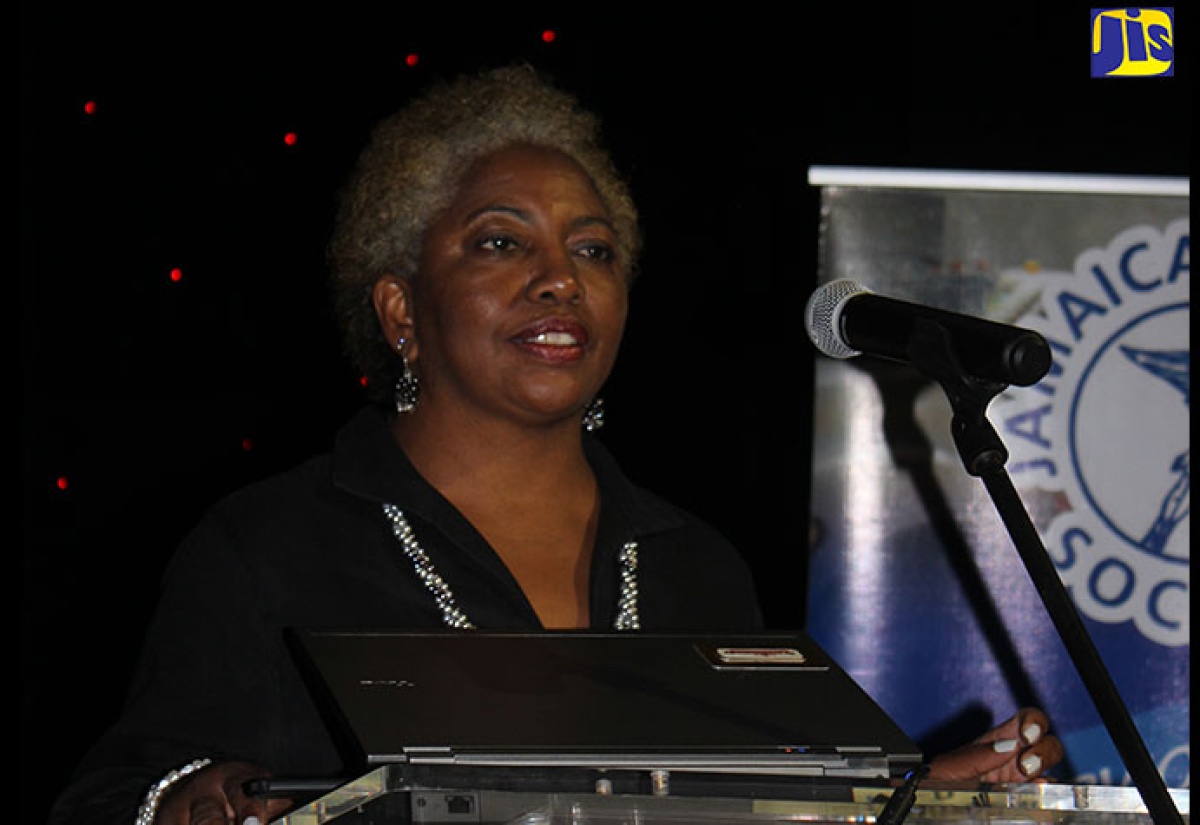Persons Encouraged to Get Screened for Colon Cancer
By: , March 14, 2018The Key Point:
The Facts
- “More than 90 per cent of colon cancer cases are diagnosed in men and women older than 50. A family history of colon cancer or polyps, especially among first-degree relatives, can also increase the risk,” she added.
- She further noted that health hazards and bad habits, such as smoking, excessive alcohol consumption, obesity, physical inactivity, a diet high in fat or red meat, vitamin deficiencies, and a diet low in fruits and vegetables are also colon cancer risks.
The Full Story
Senior Lecturer in Anatomic Pathology and Consultant Pathologist at the University Hospital of the West Indies, Dr. Nadia Williams, says persons should talk to their doctors to find out if certain risk factors for colon cancer apply to them.
Speaking at a Colon Cancer Medical Symposium on March 11 at the Iberostar Rose Hall Beach Hotel, St. James, Dr. Williams pointed out that having a family history of colon cancer, polyps or inflammatory bowel disease of significant duration increase colon cancer risk.
“More than 90 per cent of colon cancer cases are diagnosed in men and women older than 50. A family history of colon cancer or polyps, especially among first-degree relatives, can also increase the risk,” she added.
She further noted that health hazards and bad habits, such as smoking, excessive alcohol consumption, obesity, physical inactivity, a diet high in fat or red meat, vitamin deficiencies, and a diet low in fruits and vegetables are also colon cancer risks.
“They work synergistically to cause genetic alterations in the cells,” she explained, adding that colon cancer is caused by the accumulation of multiple genetic accidents.
She pointed out that it is the third commonest cancer among Jamaican men, and that the survival rate is 90 per cent when detected in its early stages.
Dr. Williams said that colon cancer usually has no symptoms in its early stages, and tests for the disease are as important as annual pap tests, mammograms and prostate examinations.
“There are several tests for colon cancer, so talk to your doctor about which one is right for you. A colonoscopy can find and remove growths, which are called polyps, before they turn into actual cancer. If you have bleeding from your rectum or blood in your stool, do not hesitate… go see a doctor. Prevention as we all know, is better than cure,” she said.
Colon cancer almost always develops from precancerous changes or growths in the lining of the colon, called polyps. It can be prevented if the precancerous polyps are found and removed.
Dr. Williams added that it is important for individuals to make smart choices as it relates to a healthy lifestyle, noting that the consequences for doing otherwise can be fatal.
“It’s a matter of doing the things that will and can reduce your chances of getting cancer. Early detection is very important. It is also equally important to make the commitment to a positive lifestyle change,” she said.


